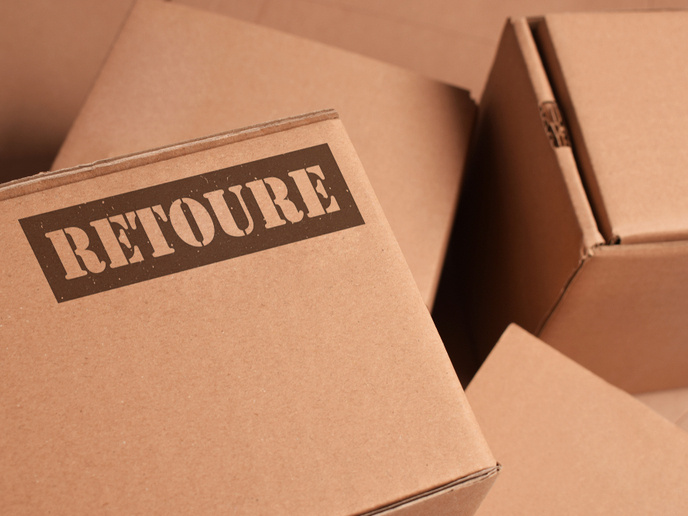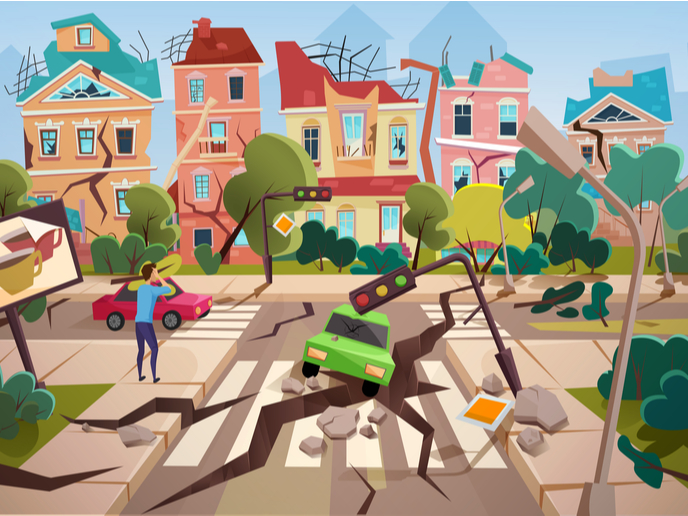Returned online sales get better, more environment-friendly treatment
It’s the dark side of e-commerce we as consumers do not know about, or simply refuse to see. With each purchase we decide to send back because it’s not exactly what we had in mind, we take a risk of seeing a perfectly fine and usable product end up destroyed or sent to landfills. The idea of throwing away brand-new products, just as citizens are being reminded about sustainability and the scarcity of resources, is troubling. But at the end of the day, it’s simple maths: Whilst unused products can easily be sold as new again, used ones have to be thoroughly checked, repaired and repackaged. Such a process is time-consuming and costly, sometimes much more than simply disposing of the used product. To break this vicious cycle, Oliver Lauterwein, CCO at BuyBay, believes in three key measures: avoiding returns by educating customers and helping e-tailers to be 100 % transparent about the products they sell; immediately getting new products back in stock; and giving returned products a second life, which is precisely where BuyBay excels. “BuyBay uses a combination of advanced grading and pricing algorithms software for marketplaces, so that they can sell all products to a suitable buyer for a good price,” Lauterwein explains. Concretely, BuyBay takes care of everything. “We receive returns, sort them, inspect them and, if necessary, we repair or repolish them. After that, it’s time to repackage the product and find a suitable buyer,” he adds. Major brands, manufacturers and retailers in Europe have already entrusted BuyBay with the reselling of their returned products. The benefits for them are rather significant. First, they can focus on their core business while receiving two or three times more net recovery of costs of returned products. Then, they decrease processing costs in their own warehouses. But most importantly, they take an important step towards a circular economy.
Increasing trust and raising used items’ value across Europe
Once they leave BuyBay’s warehouses, the renewed products are sold on multiple marketplaces in Europe. Customers then benefit from unmatched transparency with the product they choose to buy, while being guaranteed high standards in terms of delivery time, returns and warranty. “We are successful because we know everything about each single returned item: its origin, initial value, updated value and current opportunities on the market. We provide our partners with real-time insight into the product flow, which enables us to achieve excellent buyer matching and pricing for them. If necessary, we take on the entire logistical process and use our expertise to make recommendations on how to diminish return risks,” Lauterwein notes. In June 2018, BuyBay received EUR 1.9 million of EU support under the SMILE (A smile in return) project to renew their software, improve their data model and plan their expansion across Europe. Two years later, the company has managed to make its first footprints outside Benelux. The future looks bright for the company: “Our software is further improved, our new data model enables AI features and our international expansion is going well with exponential growth figures. The kick-start that the EU gave us was a huge driver to break from a start-up/scale-up to a profitable mid-size European leader in the returns business,” Lauterwein concludes.
Keywords
SMILE, BuyBay, marketplace, returned products, online sales







